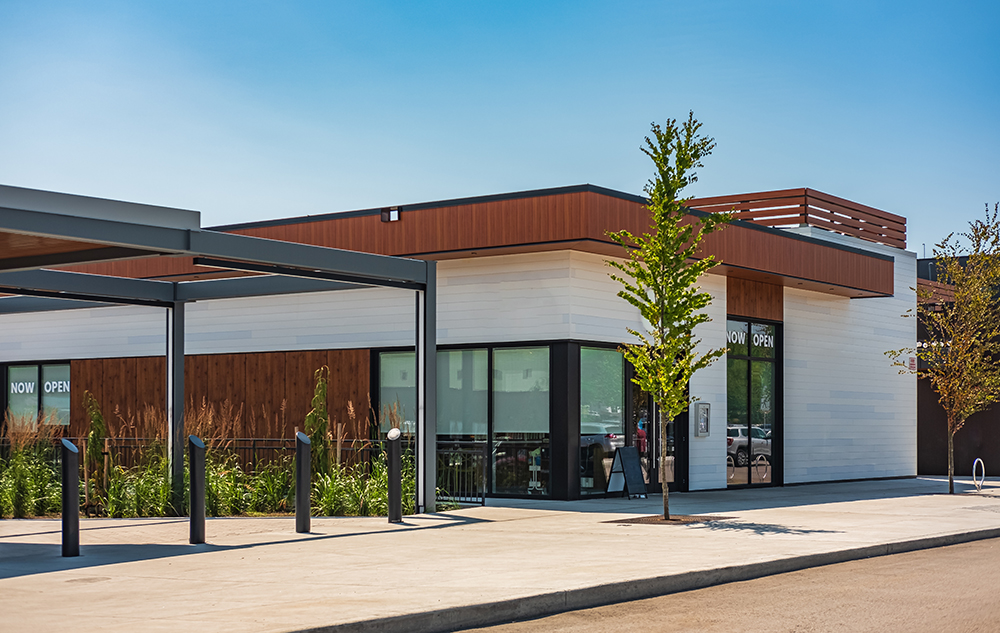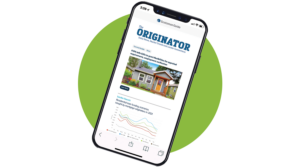Retail real estate financing is an essential tool for businesses looking to invest in or expand their retail spaces. As a mortgage broker, you play a crucial role in helping clients navigate the complexities of financing for retail spaces, from small storefronts to sprawling shopping centers. One valuable tool to assist in this process is the Lender Search by Scotsman Guide, which helps brokers find lenders that match their client’s specific financing needs.
Understanding Retail Real Estate Financing
What is Retail Real Estate Financing?
Retail real estate financing refers to the range of loans and funding options available for clients looking to purchase, renovate, or expand retail spaces. This can include everything from single retail stores to large shopping centers. The main types of retail financing include retail space investment loans, commercial retail mortgages, and retail construction loans.
Why Mortgage Brokers Are Vital
Mortgage brokers are the bridge between clients and lenders. They understand the nuances of retail property investments and can tailor financing solutions to meet specific client needs. By staying informed about mortgage rates and available loan products, brokers can help clients secure favorable terms.
Types of Loans for Retail Spaces
Retail Space Investment Loans
Investment loans for retail spaces are designed to help clients purchase retail properties as investment assets. These loans usually have stricter requirements, focusing on the income potential of the retail property.
Shopping Center Loans
For clients looking to finance larger projects, such as malls or shopping centers, shopping center loans offer tailored solutions. These loans often come with higher funding limits and longer terms to accommodate the size and scale of shopping centers.
Commercial Retail Mortgages
Commercial retail mortgages are specifically crafted for retail property investments. They typically offer longer repayment terms and may include fixed or variable retail mortgage rates. This option is suitable for clients looking to secure long-term financing for stable cash flow properties.
Retail Construction Loans
Retail construction loans are designed for new retail developments or major renovations. They are usually short-term loans that convert into permanent financing upon completion of the project. These loans provide the initial capital needed to build retail spaces, making them ideal for developers and large-scale investors.
Retail Property Bridge Loans
Retail property bridge loans are short-term loans that help clients transition between buying and selling properties or cover gaps in financing. They are especially useful when a client needs quick access to funds before securing a more permanent loan solution.
Key Considerations in Retail Financing
Evaluating Loan Options for Retail Spaces
Selecting the right loan options for retail spaces depends on multiple factors, including the type of property, client’s financial situation, and intended use of funds. A comprehensive evaluation can help in choosing between fixed-rate and adjustable-rate mortgages, as well as short-term versus long-term loans.
Interest Rates and Terms
Retail mortgage rates vary based on market conditions, lender policies, and client profiles. Mortgage brokers should stay updated on rate trends and negotiate favorable terms for their clients. Fixed-rate loans offer stability, while variable-rate loans may offer lower rates initially but come with higher risk.
Equity Financing for Retail Properties
For clients with significant capital, equity financing for retail properties is a viable option. Equity financing allows clients to leverage their property ownership for additional funding, often at a lower cost than debt financing. This is a good solution for clients looking to expand or improve existing retail properties without taking on traditional loans.
Steps to Secure Retail Property Financing for Clients
Pre-Qualification and Financial Assessment
Begin with a thorough financial assessment of the client’s ability to repay the loan. Pre-qualification gives an early indication of their borrowing power and helps set realistic expectations.
Identifying the Right Lenders
With various options available, identifying the best lender for each client’s specific needs is crucial. Compare traditional banks, credit unions, and private lenders based on the property type and loan requirements.
Preparing a Comprehensive Loan Application
A strong loan application package includes the client’s financial statements, credit history, property appraisals, and an investment plan. This documentation demonstrates the client’s financial health and the potential profitability of the property.
Negotiating Loan Terms
Negotiating terms is essential for securing the best deal. Review and discuss terms like interest rates, repayment schedules, and fees with lenders to achieve favorable outcomes for your client.
Alternative Financing Solutions
While traditional loans cover most retail financing needs, there are scenarios where alternative solutions like bridge loans or mezzanine financing may be necessary. These options offer flexibility but typically come with higher interest rates and shorter terms, making them suitable for short-term funding needs. In cases like these, Lender Search by Scotsman Guide can help find lenders that specialize in alternative financing, ensuring clients have access to the right funding for their unique situations.
Tips for Mortgage Brokers in Retail Financing
- Understand Market Trends: Keeping up-to-date with retail real estate trends helps you anticipate challenges and seize opportunities for your clients.
- Educate Clients on Loan Options: Clients may not be familiar with all loan types. Educate them on options like commercial retail mortgages or retail property bridge loans so they can make informed decisions.
- Monitor Retail Mortgage Rates: Mortgage rates fluctuate based on economic conditions. Keeping track of these trends helps you offer timely advice and possibly secure lower rates for clients.
- Leverage Equity Financing for Growth: If your client owns other properties, consider using equity financing for retail expansions, which can reduce borrowing costs and preserve cash flow.
- Prepare for Loan Approval Challenges: Financing retail centers often involves meeting specific financial ratios and conditions. Help clients improve their credit profiles and provide strong documentation to improve approval chances.
Conclusion
Securing retail property financing requires an understanding of various loan types, an ability to navigate lender options, and a strategic approach to negotiating terms. As a mortgage broker, you can provide invaluable guidance in helping clients secure the right financing for their retail investments. From retail space investment loans to shopping center loans and retail construction loans, the options are diverse, and each offers unique advantages. By using tools like Lender Search by Scotsman Guide and following these steps, you can ensure your clients find the best financing solutions for their retail property needs.


